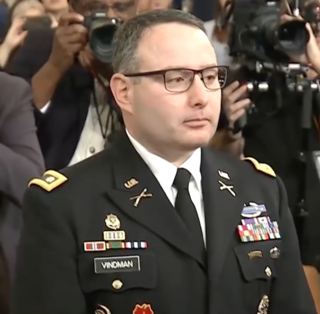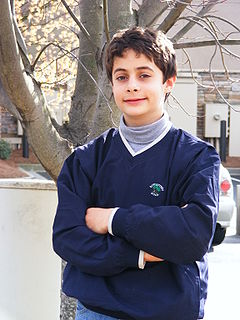A Quote by Toomas Hendrik Ilves
I remember starting to read about the Soviet Union when I was eight years old; I think I was reading my father's 'New York Times.'
Related Quotes
Back when I went to Louisiana State University a million years ago, we got the Baton Rouge paper. But if you wanted to read 'The New York Times' or 'The Wall Street Journal,' you had to go to the reading room of the student union, and you got the edition several days after it had been published, and you had to read it on a wooden stick.
I got into politics when I was eight years old. Six years now. And I got involved because I started listening to talk radio. It goes back to one event. The Democrats filibustered something in the Senate when I was eight years old. I don't remember what it was on and I didn't honestly care when I was eight years old. I cared about the history and the Senate rules.
This much I would say: Socialism has failed all over the world. In the eighties, I would hear every day that there is no inflation in the Soviet Union, there is no poverty in the Soviet Union, there is no unemployment in the Soviet Union. And now we find that, due to Socialism, there is no Soviet Union!
I follow my own nose. So I read things that are different. People will always say to me, "Have you read Robert S. Bosco's latest novel?" or "Have you read so and so's history of Peru, which is reviewed in the New York Review of Books and the New York Times and has a buzz about it?" I don't even know what you're talking about. I'm like from another planet. I'm a pygmy from the jungle.
Kennedy was significantly different than Eisenhower before him, and different from Johnson after him. So those three years were the beginning of a détente with the Soviet Union, a new feeling for peace, a seeking out of a new ally with the Soviet Union - the end of the Cold War, as Kennedy called it in his American University speech.
I doubt if I shall ever have time to read the book again -- there are too many new ones coming out all the time which I want to read. Yet an old book has something for me which no new book can ever have -- for at every reading the memories and atmosphere of other readings come back and I am reading old years as well as an old book.
I don't think we replaced the Soviet Union with Al Qaida. I think we replaced, we should have, Soviet Union with the merger of globalization and the IT revolution. I think it's that. That is the real challenge that we face today. Unlike the Soviet Union, it has no face, it has no missiles, but it is something that challenges every job, every city and every community.
I remember my father telling me that just like Troy, he could get me in with the water department where he worked in New York. He talked about how he could get me on the job, and if I stayed 25 years, I could probably work my way up to be a supervisor and how it was a good union and all of the benefits and that I was going to make $20,000 in 50 years or whatever it was. He couldn't see that far.
I am a Christian resident of New York City. I simply read things the other Manhattanites read (NY Times, New Yorker magazine, Wall Street Journal, and many of the books they read) plus all my Christian reading. I don't do anything special to understand skeptics. I also talk to a lot of skeptics and read things they point to.

































